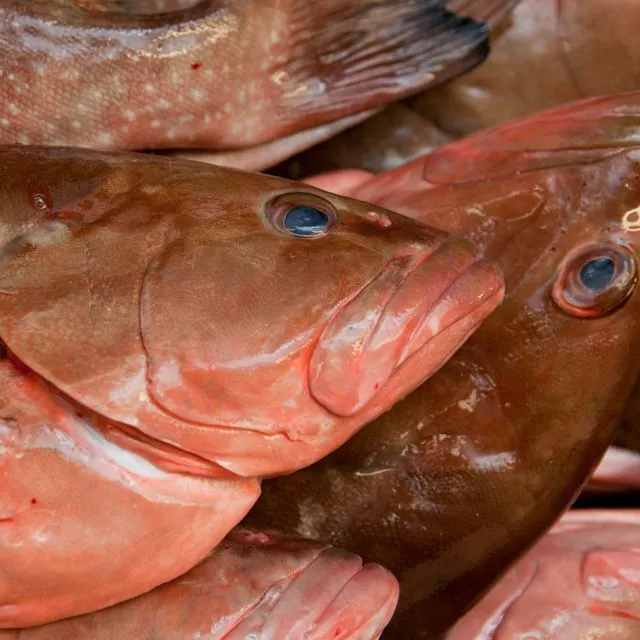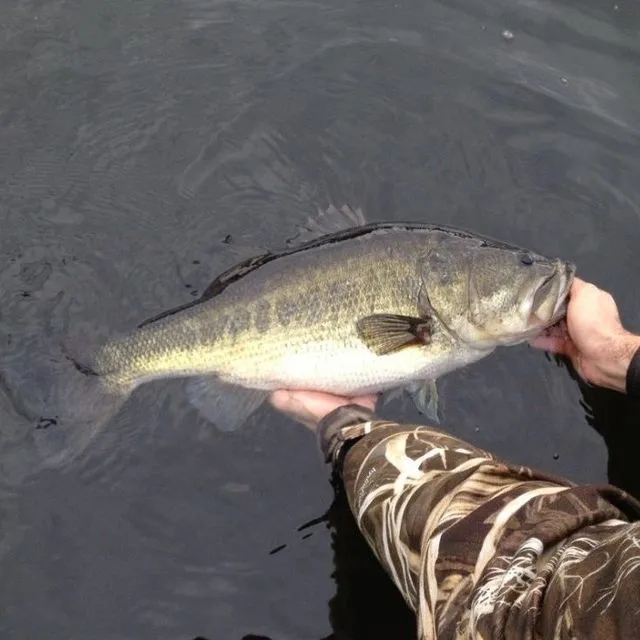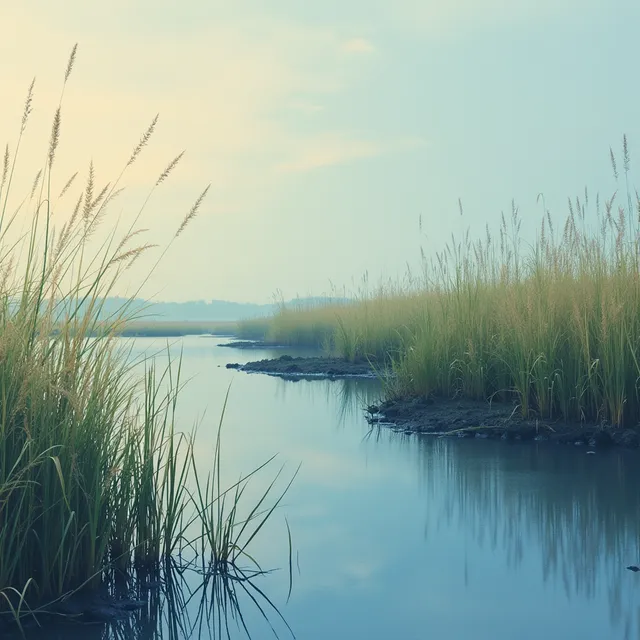Fisheries
Available Languages:
English
[NALT]
Narrower Topics
Aquaculture
The farming of aquatic organisms including fish, molluscs, crustaceans and aquatic plants with some sort of intervention in the rearing process to enhance production, such as regular stocking, feeding, protection from predators, etc. Farming also implies individual or corporate ownership of the stock being cultivated. [AGROVOC]
Fisheries Management
The process to maintain aquatic resources that are important to fisheries, such as assessment of aquatic stocks, environmental monitoring and fishery regulation enforcement.
Fishing
Fishing: Searching for, attracting, locating, catching, taking or harvesting of living marine resources or any activity which can reasonably be expected to result in attracting, locating, catching, taking or harvesting of living marine resources.
Seafoods
Edible aquatic (freshwater or marine) organisms such as fish, shellfish, or seaweed that is used as food.
Sustainable Fisheries
Fishing activities that do not cause or lead to undesirable changes in biological and economic productivity, biological diversity, or ecosystem structure and functioning from one human generation to the next. Fishing is sustainable when it can be conducted over the long-term at an acceptable level of biological and economic productivity without leading to ecological changes that foreclose options for future generations.,Managing fisheries so that they continue to be healthy, functioning ecosystems that support breeding stocks of catchable fish. Sustainable fishing practices have two components: (1) thoughtful regulations that are grounded in good science, and (2) angling practices that are ethical and in line with those regulations. [AGROVOC]





